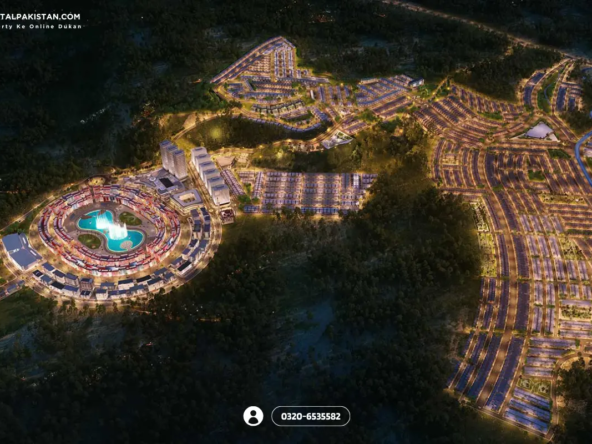Green Real Estate: The Future of Sustainable Development in the Real Estate Industry Green real estate. Sustainable development is becoming increasingly important in the real estate industry. With a focus on reducing energy consumption and greenhouse gas emissions. Green real estate practices are helping to create more sustainable, healthy, and efficient buildings. In this article, we’ll explore the benefits of green real estate, discuss the importance of sustainable development in the industry. And look at the future of this growing trend.
What is Green Real Estate?
Green real estate refers to the practice of designing, building, and operating buildings in an environmentally responsible manner. This includes using energy-efficient appliances, implementing green building practices, and utilizing renewable energy sources. The benefits of green real estate include lower energy costs, improved air and water quality, and reduced carbon emissions.
Why is Sustainable Development Important in Real Estate?
Sustainable development is becoming more important in the real estate industry due to the economic, social, and environmental benefits it offers. Sustainable buildings use less energy, water, and other resources, which results in lower operating costs and a smaller environmental footprint. Additionally, sustainable buildings create healthier and more comfortable living and working spaces, which can improve productivity and well-being.
Green Building Practices
There are many green building practices that can be implemented to create more sustainable buildings. These include using energy-efficient appliances, installing low-flow plumbing fixtures, and utilizing natural lighting. Another popular practice is installing solar panels, which can help to generate clean energy and reduce electricity bills. These practices can lead to lower operating costs, improved indoor air quality, and reduced greenhouse gas emissions.
Green Certification and Rating Systems
Green certification and rating systems are designed to recognize buildings that meet certain environmental standards. The most popular certification system is LEED (Leadership in Energy and Environmental Design), which rates buildings on a variety of factors, including energy and water efficiency, indoor air quality, and sustainable site development. Another popular rating system is Energy Star, which focuses on energy efficiency. These systems help to incentivize developers and building owners to create more sustainable buildings.
The Future of Green Real Estate
Green real estate and sustainable development will continue to grow in the future, driven by a variety of factors, including increasing demand for sustainable buildings, rising energy costs, and stricter environmental regulations. As technology advances, new green building practices will continue to emerge, such as the use of smart building systems, which can help to optimize energy usage and improve occupant comfort.
Green real estate and sustainable development are becoming increasingly important in the real estate industry. By implementing green building practices and utilizing green certification and rating systems, developers and building owners can create more sustainable, healthy, and efficient buildings. As the industry continues to shift towards more sustainable practices, green real estate will become a key part of the future of the real estate industry.



